Understanding the pros, cons, and process of short sales — and how to navigate them without costly mistakes.
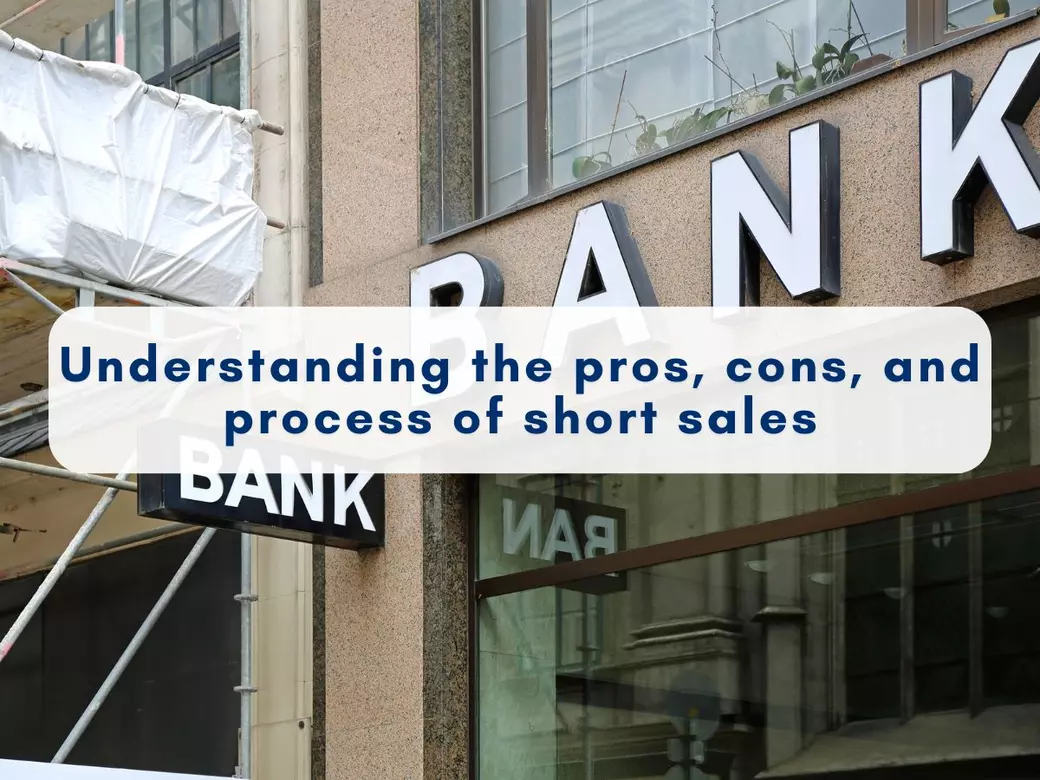
Short Sale Homes in Virginia: What Buyers & Sellers Need to Know
If you’ve ever browsed home listings and spotted the words “Short Sale” in the description, you might have wondered — Is this a bargain, or a headache waiting to happen?
Short sales can present incredible opportunities for buyers and a lifeline for sellers in financial distress. They do also come with unique timelines, lots of extra paperwork, and very mportant rules that make them different from a traditional home sale.
In this guide, we’ll break down exactly what a short sale is, how the process works for buyers and sellers, and what you can expect if you decide to go down this path in Virginia. By the end, you’ll know whether a short sale is the right move — and how to navigate it without unwanted surprises.
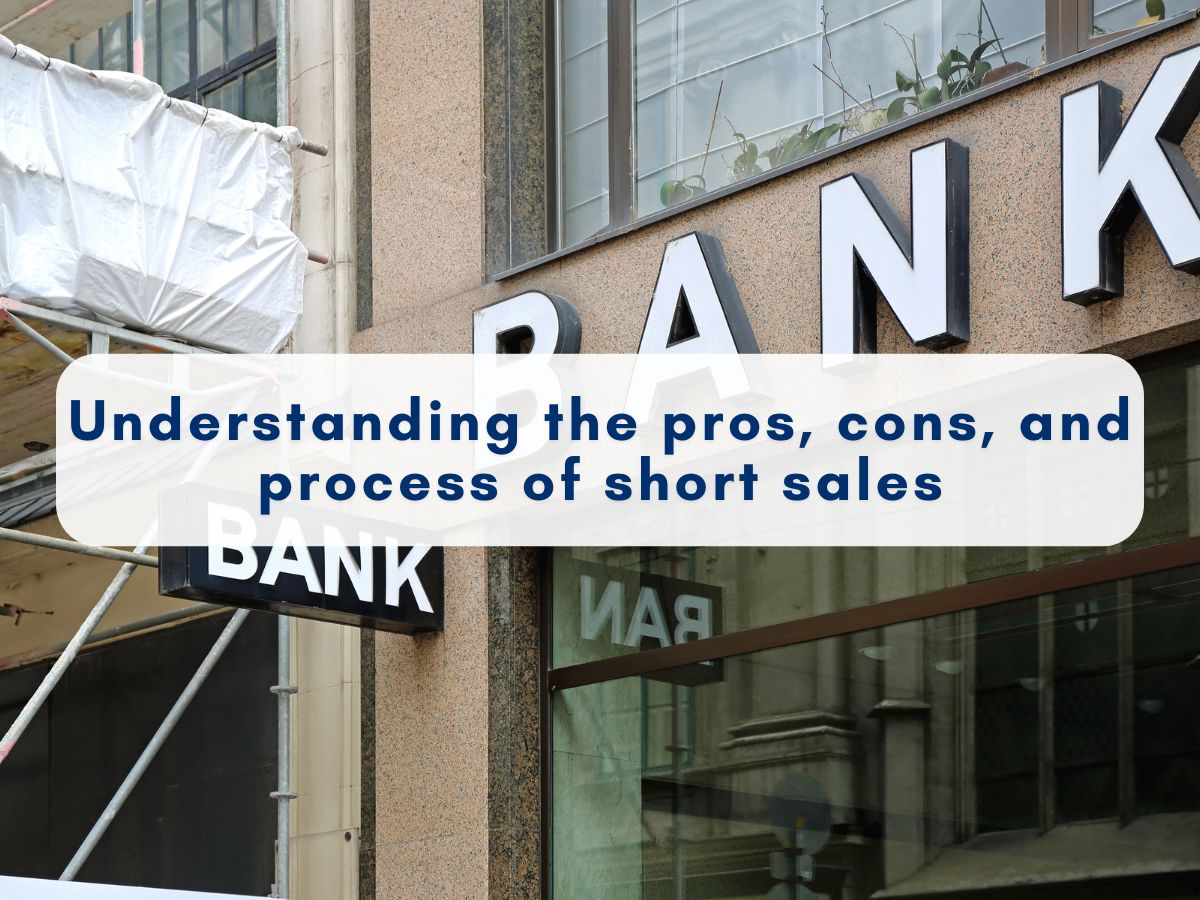
What Exactly Is a Short Sale?
A short sale happens when a homeowner owes more on their mortgage than the home is worth and decides to sell the property for less than what’s owed. The lender (often a bank) agrees to accept the sale price as full payment, even though it’s “short” of the remaining mortgage balance.
Here’s an example:
-
Home value today: $250,000
-
Mortgage balance: $300,000
-
Approved short sale price: $240,000
In this case, the lender agrees to take the $240,000 and forgive the $60,000 difference — allowing the homeowner to avoid foreclosure.
While this can be a win for the seller (avoiding foreclosure) and a possible win for the buyer (buying below market value), the bank has the final say — and their approval process isn’t always quick.
Why Short Sales Take Longer Than You Think
Unlike a traditional home sale, where the buyer and seller negotiate directly, a short sale adds a third decision-maker: the lender.
Here’s why that matters:
-
Extra Paperwork – Before a short sale can even hit the market, the seller must prove financial hardship to the lender and get written approval to sell short.
-
Multiple Sign-Offs – Even after a buyer makes an offer, the lender reviews it — sometimes at multiple levels — before deciding.
-
Possible Multiple Offers – If the lender receives more than one offer, they may take extra time to evaluate the best one.
The result? Short sales can take anywhere from 45 days to 6 months (sometimes longer) to close.
💡If you’re a buyer in a hurry, this delay might be frustrating. But if you’re flexible with your timeline, a short sale could be worth the wait.
Can You Really Get a Deal on a Short Sale?
Many buyers are drawn to short sales because they’ve heard they can “get a house for less.” While it’s true that short sales are often priced below market value, it’s not always a steal.
Here’s why:
-
Banks Price Strategically – Lenders often price short sales to attract multiple offers, driving the final price up.
-
As-Is Condition – The bank won’t make repairs. If the home needs work, those costs are on you.
-
Competition Can Be High – Investors and cash buyers often target short sales, especially in competitive markets.
➡️ That said, if you’re patient, prepared, and willing to handle repairs, you can still find excellent opportunities through a short sale.
What Buyers Should Expect in the Short Sale Process
If you’re considering making an offer on a short sale home in Virginia, here’s what you can expect:
-
Do Your Homework First – Have your financing in place before you make an offer. Lenders move faster when you show you’re ready to close.
-
Expect Delays – Factor in extra time for the lender’s approval process.
-
Order an Inspection (for Your Info) – The bank won’t fix anything, but you should still know what you’re buying.
-
Stay Flexible – The closing date can shift based on how quickly the lender responds.
How Short Sales Work for Sellers
For sellers, a short sale can be a way to avoid foreclosure and reduce long-term credit damage. But it’s not as simple as deciding to sell below what you owe — you need your lender’s permission.
The basic steps are:
-
Prove Financial Hardship – This could be job loss, medical bills, divorce, or other challenges.
-
Provide Documentation – Pay stubs, bank statements, and tax returns are usually required.
-
List the Home with a Short Sale Agent – Work with someone experienced to improve your chances of lender approval.
-
Negotiate with the Lender – Your agent will handle communication to get the best possible outcome.
Short Sale vs. Foreclosure: What’s the Difference?
It’s easy to confuse short sales with foreclosures, but they’re not the same:
-
Short Sale – Home is sold with lender approval for less than owed; seller avoids foreclosure.
-
Foreclosure – Lender repossesses the home and sells it themselves, often at auction.
➡️Short sales generally cause less damage to a seller’s credit than foreclosure, and they give the seller more control over the process.
Expert Tips for Navigating Short Sales
Whether you’re buying or selling, these strategies can make the process smoother:
-
Work with an Agent Experienced in Short Sales – They’ll know how to manage lender communication and paperwork.
-
Be Patient, Not Passive – Check in regularly for updates, but understand that some delays are unavoidable.
-
Have Backup Plans – Especially as a buyer, be prepared in case the short sale falls through.
Ready to Explore Short Sale Opportunities?
Short sales can be worth it — but they’re not for everyone. Buyers can sometimes secure a property below market value, but must be ready for a longer timeline and “as-is” condition. Sellers can avoid foreclosure, but will need to navigate lender approval and document financial hardship.
With the right guidance from a Virginia real estate agent experienced in short sales, you can avoid costly mistakes and make informed decisions that protect your finances and your future.
Whether you’re thinking about buying a short sale home or selling your property through a short sale, you don’t have to figure it out alone. I help Virginia buyers and sellers navigate the process from start to finish, ensuring you understand every step along the way.
If you’re ready to take the next step, reach out today to schedule a no-obligation consultation — let’s talk about your options and find the right solution for you.
Categories
Recent Posts
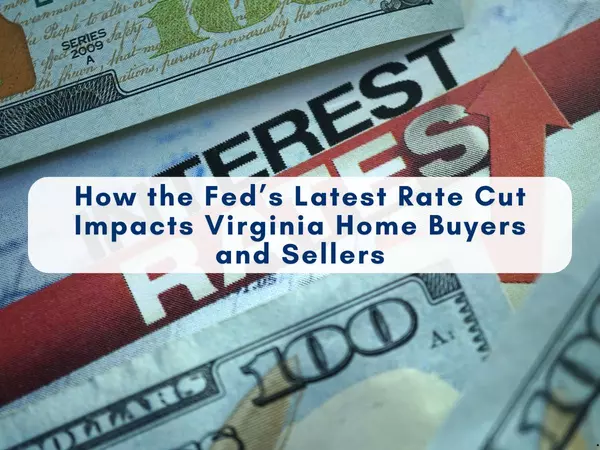

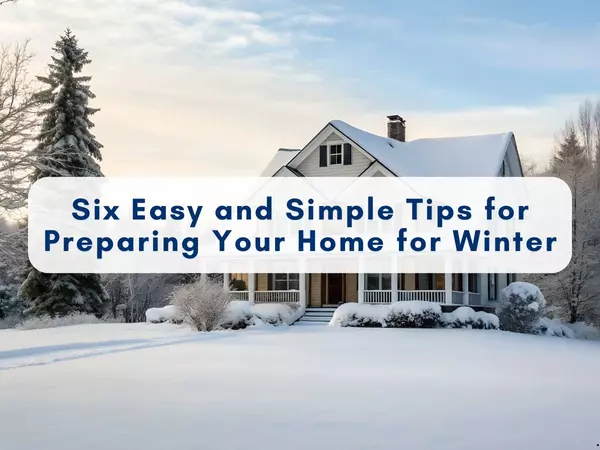

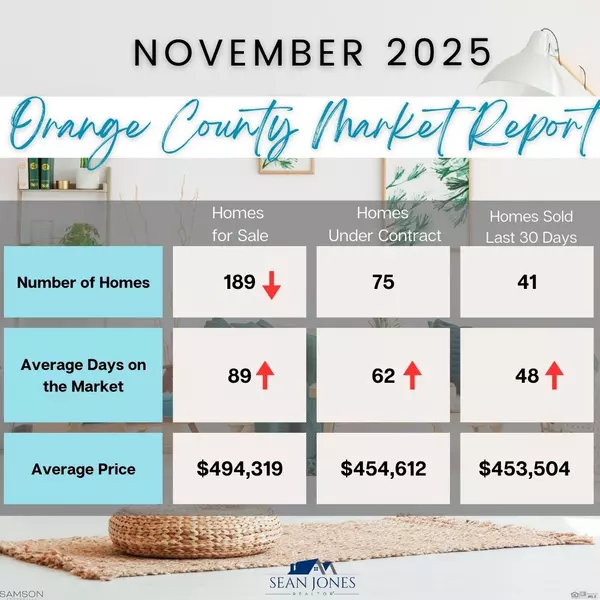
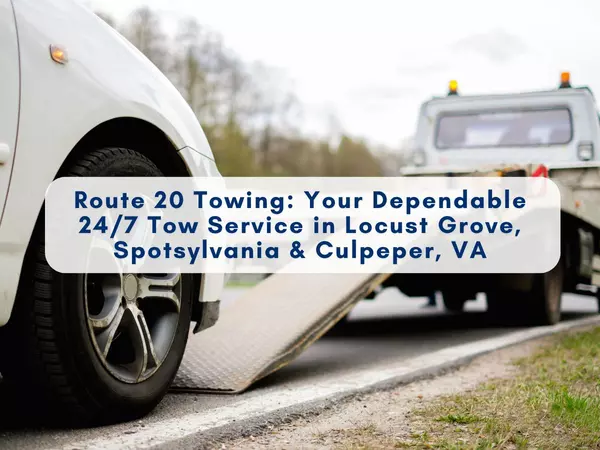
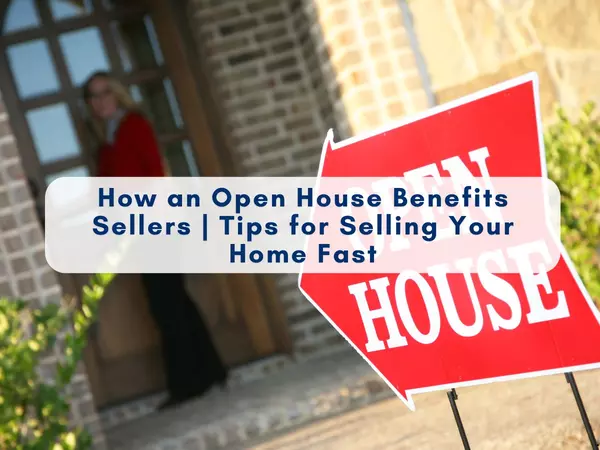
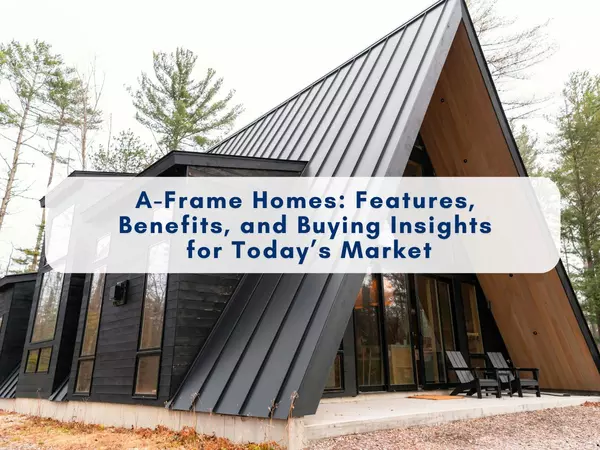

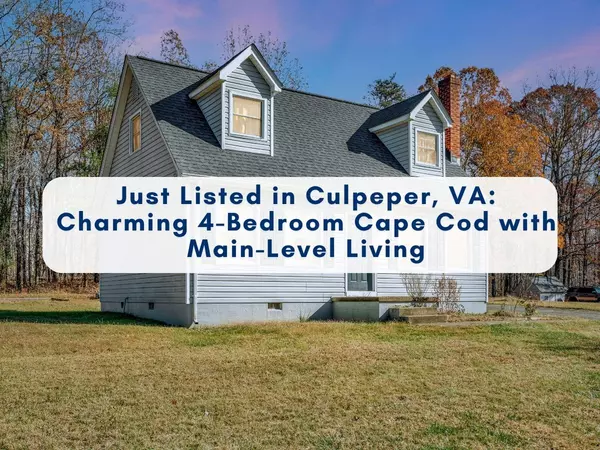

Buying a home isn’t just a financial decision—it’s a deeply personal journey filled with hopes, dreams, and big life changes. That’s why choosing the right real estate professional is one of the most important steps you can take.
A knowledgeable and experienced REALTOR® does more than open doors and write offers. They’re your advocate, your problem-solver, and your steady guide through what can sometimes feel like an overwhelming process. Whether it's navigating a competitive market, negotiating on your behalf, or keeping things on track behind the scenes, the right agent is there to protect your interests every step of the way.
In the end, buying a home should be an empowering experience. With the right person by your side—someone who brings both expertise and heart—you can move forward with confidence, knowing you're in good hands with Sean Jones.
GET MORE INFORMATION
